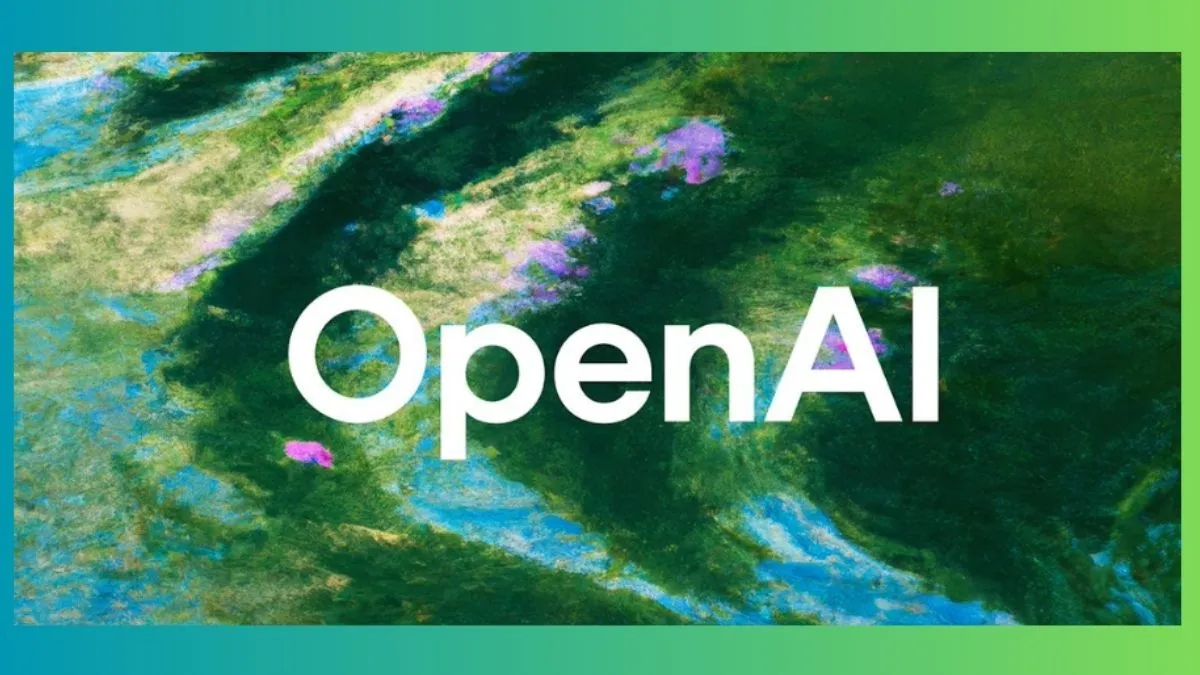OpenAI, a company behind the popular chatbot (ChatGPT), is set to introduce a new open-weight AI model, which marks its first open-weight release since GPT-2 in 2019. CEO Sam Altman announced the upcoming launch on X (formerly Twitter), highlighting the model’s advanced reasoning capabilities and OpenAI’s renewed focus on transparency and accessibility in AI development.
OpenAI’s Open-Weight Model: Key details
Altman revealed that OpenAI had long considered releasing an open-weight model, but other priorities took precedence. Now, the company sees it as an important step. OpenAI is conducting extensive evaluations to ensure stability and responsible deployment.
Additionally, OpenAI plans to host a series of developer events to showcase early prototypes and gather feedback. The first event will be held in San Francisco, followed by sessions in Europe and the Asia-Pacific region.
What are Open-Weight AI Models?
Open-weight AI models provide access to their trained weights—the numerical parameters that define their functionality. Unlike proprietary models that operate exclusively through cloud-based APIs, open-source models allow developers and researchers to run them on personal hardware. However, they may still have licensing restrictions regarding modifications and commercial use.

How are Open-Weight Models different?
Open-weight models strike a balance between open-source and fully closed AI systems:
- Open-weight models release trained weights but may restrict modifications and commercial applications.
- Open-source models provide full access to both code and weights with no major restrictions.
- Closed models (such as OpenAI’s GPT-4 and Google’s Gemini) keep both code and weights proprietary.
Why do Open-Weight AI Models matter?
The introduction of an open-weight AI model from OpenAI is significant for several reasons:
- Democratisation of AI: Researchers and developers worldwide can experiment, fine-tune, and improve AI models without relying on expensive cloud-based solutions.
- Transparency and Trust: Open-weight models offer greater visibility into AI decision-making, reducing concerns about hidden biases and ethical risks.
- Customisation and Flexibility: Businesses can tailor these models for specific applications, from healthcare to enterprise AI, without being locked into proprietary ecosystems.
- Controlled Accessibility: While not fully open-source, open-weight models provide more user autonomy while allowing companies to impose safeguards against misuse.
OpenAI’s move amid growing competition
OpenAI’s decision to launch an open-weight model comes amid increasing competition from companies like DeepSeek and Google, which recently launched the Gemma 3 open-weight model under its Gemini 2.0 framework. With this release, OpenAI aims to strengthen its position in the AI landscape while fostering responsible innovation.
ALSO READ: AC Blast: Smart tips to prevent your cooling machine from exploding
ALSO READ: Jio SIM will stay active for 365 days with this recharge: Enjoy free calls and data without worry
